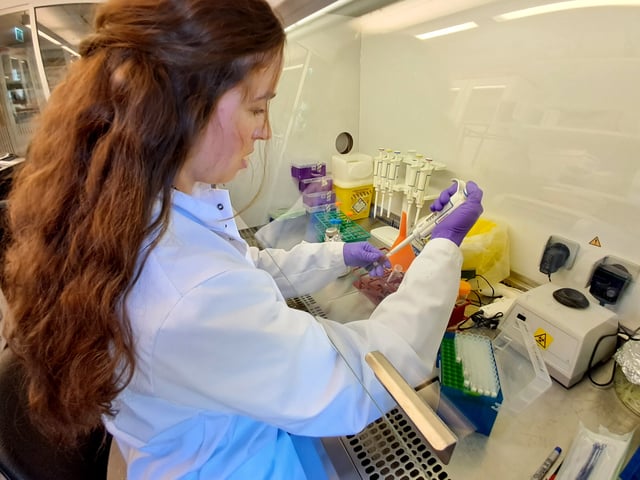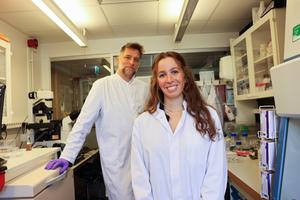Overview
- KTH Royal Institute of Technology and Uppsala University reported the culture-free approach in npj Digital Medicine, led by doctoral students Henar Marino Miguélez and Mohammad Osaid.
- A density-agent “smart centrifugation” step separates bacteria from blood cells before a microfluidic chip traps them for automated, time-lapse microscopy.
- Machine-learning image analysis flags bacterial growth directly from the captured cells without conventional culture.
- In spiked-blood tests, the system detected E. coli, K. pneumoniae, and E. faecalis at 7–32 CFU per milliliter.
- The method did not detect Staphylococcus aureus, which hides in clots, and the team is working on a fix while aiming for 4–6 hour clinical results versus the days required for standard blood cultures.

